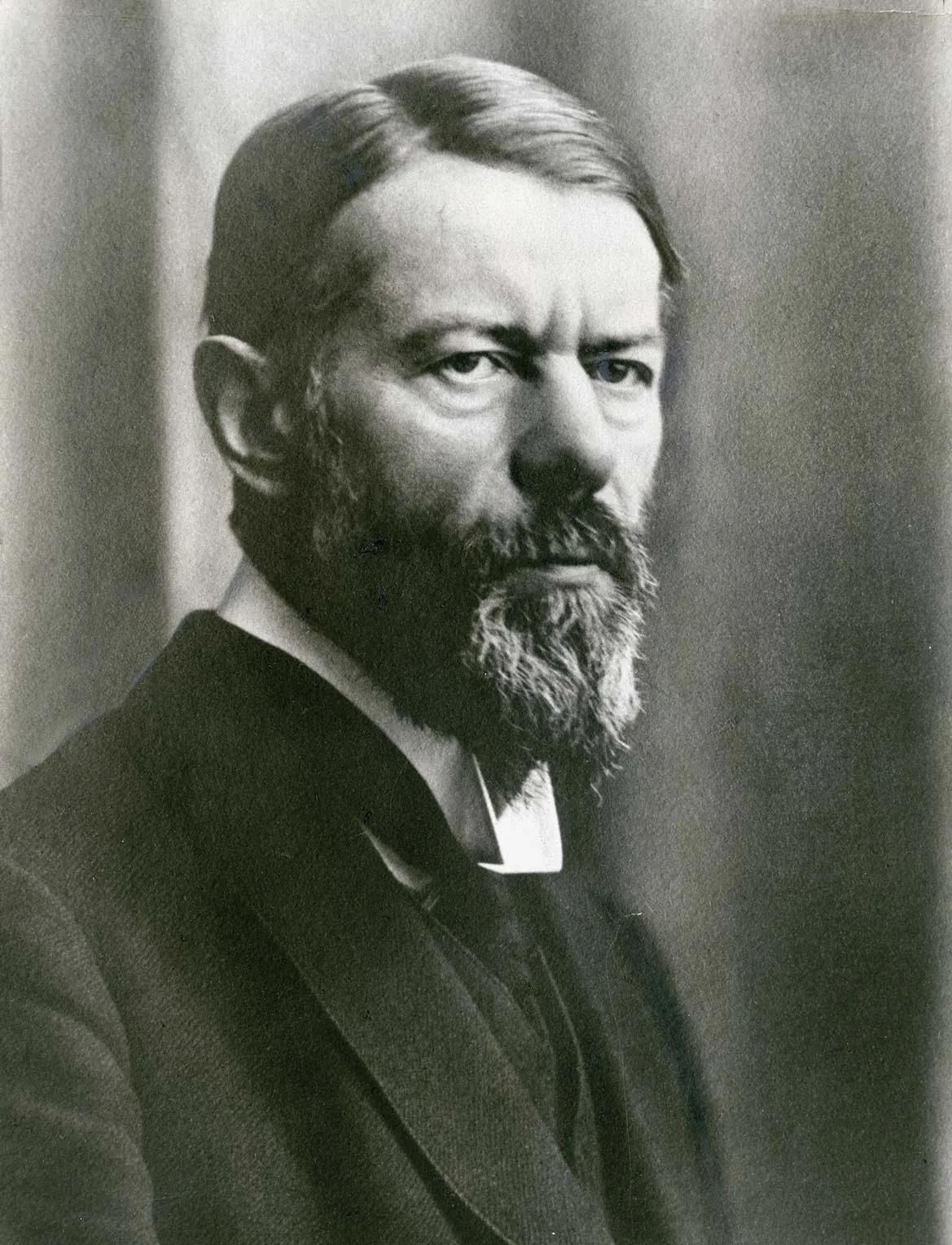Ferdinand Tonnies proposes that small communities, connections built on family bonds, beliefs in shared goals, and interactions build trust. In a large social environment, the modern city is an erosion of this bondage established by the old era. It was a more self-serving environment than mutual aid, and contact was impersonal and superficial.
P33
Gemeinschaft: community that is based on the bonds of family and social groups such as the church. Small-scale communities tend to have common goals and beliefs, and interactions within them are based on trust and cooperation.
In large-scale societies such as modern cities, the division of labor and mobility of the workforce have eroded traditional bonds.
Relationships in such societies are more impersonal and superficial, and based on individual self-interest rather than mutual aid.
Marx Weber is a sociological mogul who advocates the rationalization of the way things work.

P43
Because the primary goal of rationalization is to get things done efficiently, the desires of the individual are subservient to the goals of the organization, leading to a loss of individual autonomy. Although there is a greater degree of interdependence between people as jobs become more and more specialized, individuals feel that their worth in society is determined by others rather than by their own skills or craftsmanship. The desire for self-improvement is replaced with an obsessive ambition to acquire a better job, more money, or a higher social status, and creativity is valued less than productivity.
Rationalization as the core. The main purpose is to get things done efficiently. The individual's desire is under the goal of the organization, and the individual's self-healing fist is lost. Society enters into the completion of tasks that each person professionally completes with each other, and this sense of value shifts from self-ability and ingenuity to others, relying on others to prove their own value geometry. (It's like, without a platform, without a company, without its own value.) )
The improvement of personal ability, the spirit of ingenuity, the pursuit of better individuals, is replaced by getting better jobs, better money, and higher social status. Productivity is seen as a more important point than creativity.
In Weber's view, this disenchantment is the price modern society pays for the material gains achieved by bureaucratic rationalization. The social changes it causes are profound, affecting not only our system of morality but also our psychological and cultural makeup. The erosion of spiritual values means our Social actions are instead based on calculations of cost and benefit, and become a matter more of administration than moral or social guidance.
In Weber's view, the therapeutic attention born out of material pursuits is rationalized. This social change is not just nonsense. Spiritual pursuits are eroded, and the time and energy spent on them are also calculated as costs and gains and losses. (Instead of thinking so much, go work/make money)
Individual behaviour had evolved from emotional, traditional, and value-based social actions to “instrumental action” —-action based on the assessment of costs and consequences.
People's behavior changes to the point where, emotionally, traditionally, old values of social behavior, are transformed into purposeful behaviors that have to be calculated by costs and consequences in order to be optimal behaviors.
Weber predicted the endurance, and global triumph of the capitalist economy over transitional models as a result of rationalization. >Marx’s interpretation of the inevitability of historical change (classes crashed to one).
Weber predicted the fortitude and global triumph of capital because it was "rationalized." Marx's unstoppable historical changes did not happen (introduced in the previous post)
Materialism + nationalization → soulless “iron cage”
Materialization + rationalization - > makes people become, lose their souls, and act only for more benefits, and the soul cannot be free.
P47
Charles Wright Mills, criticizing organized labor for collaborating with capitalists and thus allowing them to continue to oppress the workforce.
The old man criticized the workers for speaking for the bosses, and as a result, the collective interests of the workers continued to be squeezed. (This is a natural thing, because if you don't speak for your boss, you will lose your job, and because of the low technical content of the industrial factory, the assembly line, you can change people at any time.) )
He maintained that by the mid 20th century the US middle classes, alienated from the processes of production, had become divorced from traditional values, such as pride in craftsmanship, and dehumanized by ever-increasing rationalization. In his view, they were now “cheerful robots” —finding pleasure in material things, but intellectually, politically, and socially apathetic — without any control over their circumstances.
The industrialized labor writers, isolated from the complete process of creating things (assembly lines, a small clerk of one step), become ⚙️ people, unable to get the pursuit of ingenuity, the control of life declines, the loss of spiritual ascension, and the whole body can only indulge in material pleasures. For wisdom, steaming, society is indifferent.
....think about the beginning of entrepreneurship, everything has to be done, that terrible vitality... But in such a competitive environment, it will be too difficult.
#Sociology ##英文 #